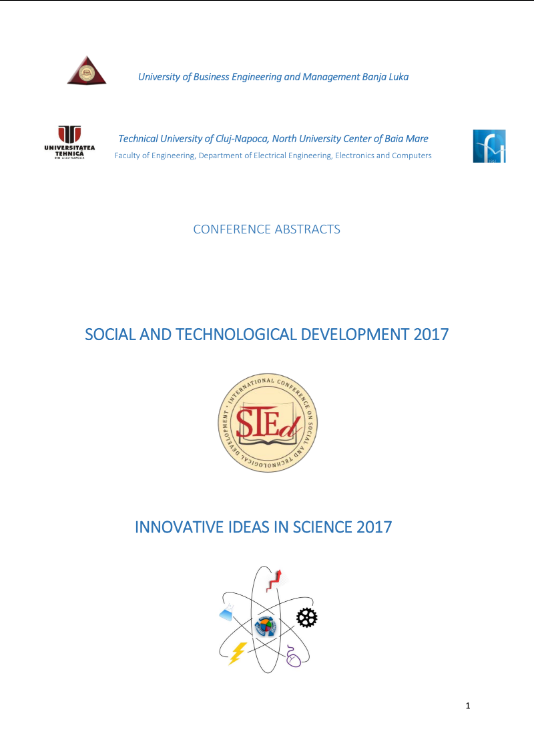
This is an open access article distributed under the Creative Commons Attribution License which permits unrestricted use, distribution, and reproduction in any medium, provided the original work is properly cited.
Lobbying is a term with multiple meanings, the origin of which is derived from the English word which means LOBY hall, where the talks were held. Over time, in modern society, are derived concepcts LOBBYING, meaning negotiation, and lobbyists, which means a person who negotiates. Lobby and advocacy resulting in the 17th century in Britaina in parliamentary-practice, a lot of the meaning and application of lobbying gets in American practice, where the lobbies of the system, and their work is governed by rules. Today and in the future lobbying is and will be the primary means of communication in the social and economic relations, and the penetration of the world market. Involvement of the national economy (state) in the European integration process creates the conditions for the opening of markets and increased freedom of movement of goods and services, capital and people, and that is a prerequisite to achieve lasting economic growth, where lobbying plays an important role. The role of lobbying exposed within the economic diplomacy in the global process of creating a spirit of openness and cooperation, increased trade and aid to developing countries. Starting from the fact that economic diplomacy in the broader sense blend of diplomacy and diplomatic skills in the classic sense, economics, management science, methods and technniques of negotiation, public relations, economic espionage, it is lobbying the negotitation skills of particular importance in the economic and political area. The primary function of lobbyng becomes the protection and promotion of national economic interests in international economic relations, and that`s the main goal of this work, a task in the domain of the role of lobbying in the contemporary socio-economic relations, and the activities of lobbyists.
The statements, opinions and data contained in the journal are solely those of the individual authors and contributors and not of the publisher and the editor(s). We stay neutral with regard to jurisdictional claims in published maps and institutional affiliations.